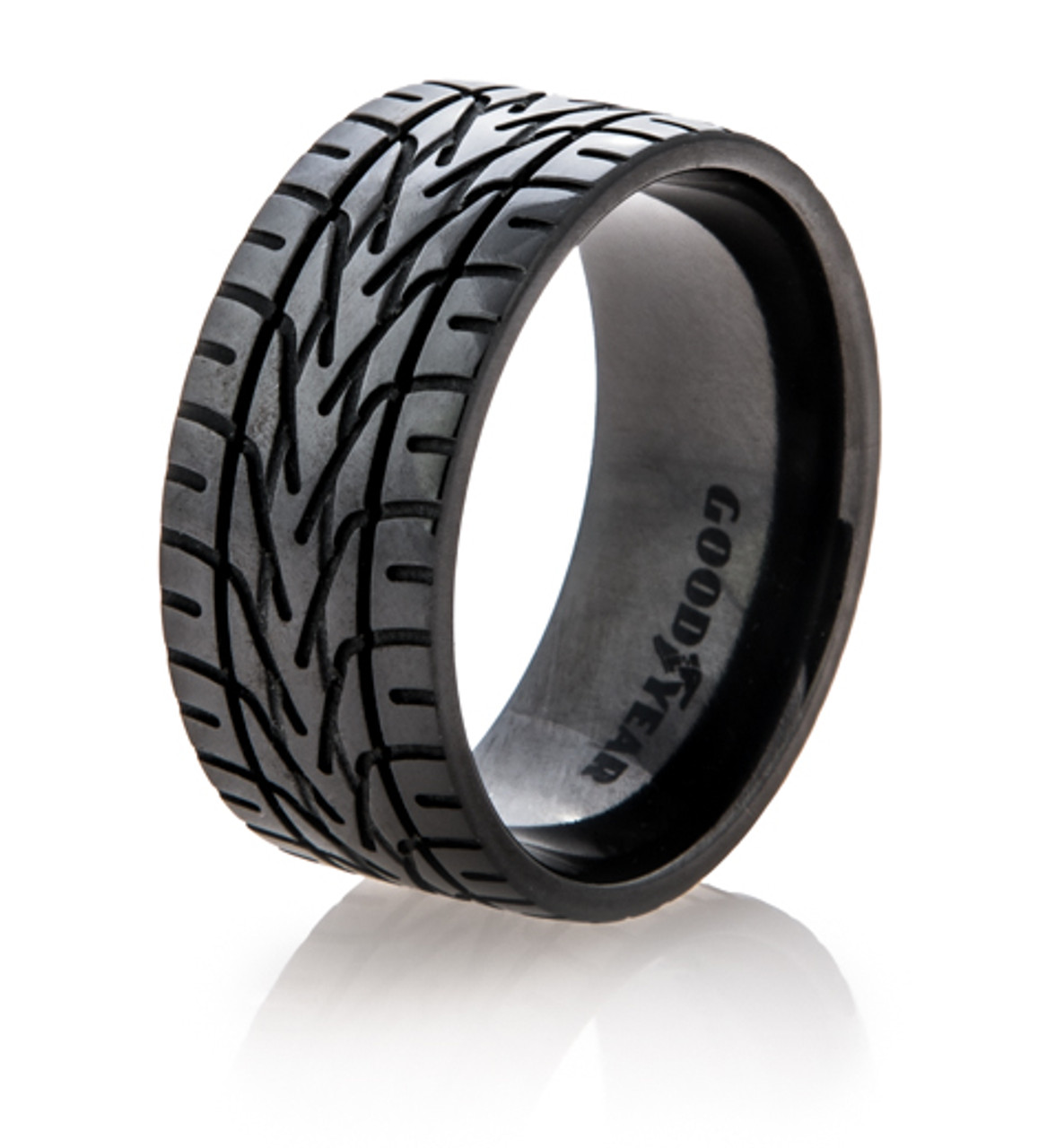Was a lot of it classic word of mouth, email, etc.?
I imagine something like that, but I’m wondering as I feel like there may be some useful pieces of knowledge that may be worth recalling as people gradually start to move back out of the more centralized sites/services.
One other person said it but I can provide a bit more context: web rings were the life blood of fan communities that weren’t on Usenet or irc. Many people would make their own website (yes, geocities and much later, angelfire … there were others but I don’t recall) and petition to link up to the webring.
Being on group email lists was a big thing too. Listserv was one but there were a bunch of others at the time. The group emails were like forums a little bit.
At least in the corners of the Internet I hung out there were a few sites that got “big” and they would often have pages that would maintain links to other sites as well as being part (or the originator) of the webring. Sometimes on the community site you could be kind of a member and get a blurb, or just your name, which would link to your email or person website (or both}.
The larger and more polished community sites really did kind of end up as these social hubs and an early form of social media.
You still used search engines to dick around but they really sucked pre-seo but they were sometimes their own community and link hubs in their own right (Yahoo).
You could also just browse larger sites manually. Exploration was part of the experience and stumbling on weird stuff randomly was one of the best things about late 90s, early 00"s internet.
Yahoo was massive. It was the first attempt to organize the web. There was no algorithm per se, but there were endlessly nested categories that sites would self-select. It wasn’t really worth it then to game the system (or at least if people did I never heard of it). You wanted to be categorized correctly so that you could be found.
Yahoo was never as dominant as Google would become. There were alternatives like webcrawler, Lycos, altavista, etc. But they mostly just used a sort of brute force search; any website that contained your keyword(s) would show up and the site that contained the most keywords would show first.
Everyone else has already covered webrings and directories, but there’s a couple things missing imo. Or maybe I just came in too late.
Back in, I want to say 2003 or so, I discovered this absolutely incredible browser extension called StumbleUpon. It was like a crowdsourced version of those contemporary curated link pages; you gave it a list of topics you were into (ranging from vague things like “art” down to really specific things like "), and when you pushed the “Stumble” button it added to your browser, it took you to a random website that matched one of your chosen categories. In turn, when you found a website that wasn’t in the database, you could add it by checking off what category/ies it fit into. I spent hours a day hitting that button and being taken to random new content, and quickly became the clever one in my friend group by finding all the best “cheezburgers” and “demotivationals” and “image macros” lol. Hell, I’d still be using it now, if they hadn’t shut down like five years back.
And let’s not forget Geocities neighbourhoods! Every GeoCities site was a “house” in a metaphorical “city” and at the bottom of their page, you could move between "house numbers’ to visit their “neighbours”. So if you found a good site, but got bored, you might check out who’s nearby. Cities were loosely themed, but didn’t enforce topics of any kind, so you might go from a Sailor Moon fansite to a college student’s tutoring homepage to a shrine to a dead loved one. You always found fascinatiing stuff eventually.
I spent so much time using StumbleUpon. It was a great way to discover random stuff
It’s called mix now
Mix is barely a shadow of StumbleUpon… The closest StumbleUpon “clone” I have found so far is cloudhiker.net. There are a few others that attempt the same thing but aren’t quite there yet. I also used StumbleUpon daily since inception until it was shut down. I really miss it.
[It seems I accidentally deleted the original comment when I went to edit it, so here’s the repost]
There were literally classes at the public library where people would get together and share websites. Also, because the web wasn’t monetized, similar sites would link to each other because they didn’t see other sites as competition for views and ad dollars. The Anime Turnpike, for example, was basically a yellow pages of any and all English-language websites related to anime. There were also “circles”* (even well after search engines entered the picture) of sites sharing a theme (eg a TV show fandom) and you could click through them like flipping through a Rolodex. But yeah, in the very early days (as in, before most folks even had email) word of mouth was quite prevalent; one of my mom’s favorite sites she heard about from a taxi driver.
*EDIT: Sorry, I think I got my languages mixed up; as others have said they were called webrings in English
There were literally classes at the public library where people would get together and share websites. Also, because the web wasn’t monetized, similar sites would link to each other because they didn’t see other sites as competition for views and ad dollars. The Anime Turnpike, for example, was basically a yellow pages of any and all English-language websites related to anime. There were also “circles”* (even well after search engines entered the picture) of sites sharing a theme (eg a TV show fandom) and you could click through them like flipping through a Rolodex. But yeah, in the very early days (as in, before most folks even had email) word of mouth was quite prevalent; one of my mom’s favorite sites she heard about from a taxi driver.
*EDIT: Sorry, I got my languages mixed up; as others have said they were called webrings in English
The Anime Turnpike
Damn, there’s a site I haven’t thought about for 20 years!
Earlier forms of SEO: I remember when Yahoo was a directory, not a search engine. In those days the categories they accepted you into mattered A LOT for discoverability.
IIRC, that was powered by Mozilla Directory (AKA dmoz!). RIP. I was an editor for a couple categories for a while. Curated link lists looked like they might be the way to go, but search engines ended up getting really good at the time so the project kind of declined.
Word of mouth from friends, on forums, and chat rooms.
Web rings were neat. A bunch of sites would be part of the ring, and you could use the little applet at the bottom of the page to jump to the next site. An interesting way to expose yourself to a bunch of content in a similar category. Kind of wish they still existed, but I assume they’d be abused by the same SEO fuckers.
And let’s all not forget typing in random shit for domains to see what came up.
And let’s all not forget typing in random shit for domains to see what came up.
You can still do this, as a test I put in taco.com fully expecting it to redirect to tacobell.com or some shit, but I was completely surprised at what came up lmao
Sometimes it backfired pretty badly.
Still does now, tbf!
As a youngster then, it was mostly word of mouth and random links.
Someone would have some cool site or game they’d tell everyone about. You’d see someone at the library on some site and you’d peek at the URL.
Sometimes those sites would link to other sites.
It felt endless even back then. And for all intents and purposes, it was, to the average user.
Surprised that I don’t see more people talking about listservs. There was a time when email was cool. It wasn’t just regular mail, it was electronic mail. It was instantaneous. It was free postage. It was global.
Before the spammers and the scammers, email was the future of communication. Lots of random sites offered free email. No one was mining data. It was just a cool thing that you could basically already do if you set up a server anyway that didn’t really add cost. Low bandwidth meant no one was pumping out a crazy number of emails, and there was no video or audio to speak of online except in very niche uses.
So the listserv was born. A way to send and share information to your entire social network (before the term social media was even conceived). People would have years-long discussions, sometimes even threaded within the multiple layers of replies (before we knew what threaded meant). You would spend hours or even days composing witty, insightful, humorous replies before sending it out to the list. You would open your text-only email client each day with bated breath to see the latest news and group drama… and what new corners of the web people were exploring (it was already called the web - that’s practically ancient history). Hyperlinks were among the first pieces of complex formatting that people used regularly, although it was not unheard of to write out a URL by hand on a pad of paper and then manually type it into Netscape.
So websites were discovered and shared. Most people belonged to multiple listservs and so would share and reshare. Presto: dancing hamsters!
I literally bought a book called The Internet Yellowpages. I wish I still had it. It included great IRC, Usenet, etc servers.
Fuck. I remember that.
We old.

For me it was word of mouth. I found out about Slashdot, fark, Google, and boingboing from friends.
I remember hearing about Google for the first time… how does it work? What do you mean there are no categories? How do you find something? Oh, it uses a link-based system of ranking? So if I search for puppies, it won’t just look for sites with the word “puppies,” but also at the sites that they link to and from? Oooh if a site mentions puppies, and a lot of other sites that mention puppies also link to it, then it is probably an important site when it comes to puppies?
But how did they make it work? They downloaded a complete copy of the internet? That must have taken a googol of bytes!
It made so much sense. And it was mind-blowing at the same time.
Blogrolls and webrings
That’s my answer - if you stumbled across one site.you liked, them there’d often be what amounted to a curated list of similar sites. It was more cooperative back then, not about trying to grab and hold eyeballs so you could monetise them.
I now realise I’ve been doing something similar through community’s sidebars because the Fediverse isn’t a competition, if people are doing something interesting in another place then throw in a link.
Word of mouth, networking, magazines, and books were big, as I recall.
Oh yeah, magazines and traditional ads like billboards with URLs on them. “www” was in everything, some even with the protocol.
Remember all those CDs tucked into magazines?
Forum links, linking on other sites, that sort of thing. Keep in mind, search engines have been around since the 90s.
I remember a pre-search engine era, but that didn’t last too long. First there was Yahoo!, then Altavista, then Google came on the scene and changed everything. God those early Google days were amazing; it felt like if it existed on the web, Google could find it for you with the right search input.
1995-2000 we saw a lot of progress online.
Then around 2005 it went sideways in many ways it went backwards
Word of mouth, webrings. Curated directories were huge.
RSS











